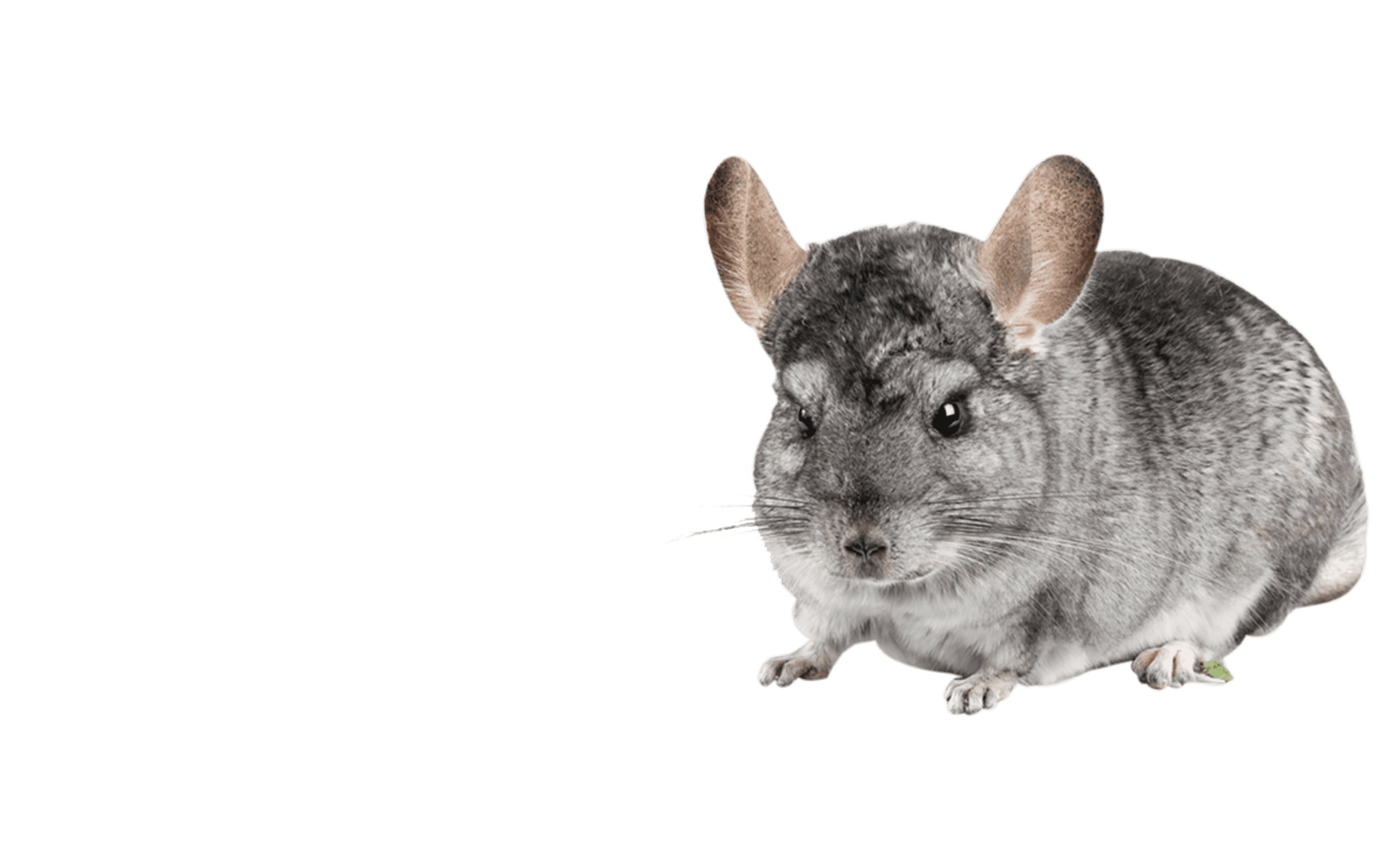Dog food Allergy (Hypoallergenic)
There are no products in this section
Food for dogs with allergies
Food allergies in dogs are a problem that all pet owners have heard about. This significantly complicates the life of both the caudate and the owners. When feeding dogs with food in the food for allergy sufferers include brown rice, buckwheat, and green fruit and vegetables. For example, zucchini, cauliflower, lean meats, and fish can be found in a suitable hypoallergenic dog food.
It is important to understand that allergy special hypoallergenic dog food does not contain any chemical additives and has many varieties depending on the type of allergy your dog has. A dog prone to allergic reactions requires special feeding. The diet should prevent indigestion and support the animal's body. Typically, the diet is prescribed at the first sign of skin diseases for two months until visible results are obtained. Chronic diseases may require dietary feed throughout the animal's life.
How to understand if a dog is allergic and what food food for allergic dogs?
Today, many dogs experience a variety of digestive disorders, manifested by food allergies and intolerances . Such disorders often lead to vomiting, flatulence, diarrhea and constipation in animals. Especially for the treatment and prevention of such cases, there are many types of allergic dog food from the best European producers. Possible external signs of dogs being allergic to food: sneezing, tearing , reddening of the face, swelling of the eyelids, lips, ears, hair loss, unpleasant skin odor, red spots, bald patches, inflamed areas. Inflammation of the paw and ear fungal infections can also be caused by allergies.
Dog breeds prone to allergies and food for a dog with food allergies
Dog breeds that are prone to allergies include bars , pit bulls , bull terriers, bulldogs (anyone with moloss genetics is my personal opinion), retrievers , pugs, German shepherds. If dogs of these breeds begin to itch, the first thing to suspect is an allergy. Such dogs need a special type of food for dogs with allergies - hypoallergenic food for dogs for adult dogs when there are signs of food incompatibility. Specially formulated as an addition to the main diet to remove negative reactions to the main dog food hypoallergenic - allergic symptoms, indigestion. It helps to minimize them without changing your main diet. It can accompany him for the rest of his life. Recommended especially for use in diseases of the gastrointestinal tract. This has a positive effect on his work. Provides protection for skin and hair.
What is the difference between dry food and hypoallergenic dog food?
The most common source of allergies in dogs is chicken food. In this case, chicken is often replaced in food for an allergic dog with turkey, lamb, the meat of which is safe for animals with allergies. First, exclude dry food and chicken food, then switch the dog to food for a dog with food allergies, and after 1-2 months, when the disease gets worse, you can choose a hypoallergenic dog food with other protein sources that your dog will like. It is important to note that many dogs diagnosed with food allergies require special food for allergy sufferers of the dog and diets, but only on the advice of a vet. The food for allergy sufferers should contain a combination of highly digestible proteins, prebiotics, beet pulp and fish oil for maximum digestive safety, the food for allergy sufferers must be gluten and lactose free.
Food allergy? And the right food for a dog with food allergies
Of course, your dog may have an allergic reaction to certain foods. And the hardest part is that usually the owner has to do some kind of investigation to find out which substance contributed to the allergy. Dogs with allergies in this group show: chronic ear infections, itchy skin, and sometimes gastrointestinal problems (vomiting and diarrhea). If, for example, it turns out that your pet is allergic to eating chicken, avoid products that contain chicken protein or fat in the feed in the future. To the delight of dog owners, there are many chicken-free food for allergic dogs and foods specifically designed for dogs with special nutritional needs hypoallergenic dog food.
What should you do if you suspect your dog is allergic to something? First of all, you need to visit your vet. After your doctor has reviewed your pet's entire history and performs a physical examination, they will most likely be able to find the source of your dog's allergies and recommend the right hypoallergenic dog food. If not, then he will advise you to perform blood and skin tests to identify the source of the allergy, and may also suggest a special diet and elimination food for dogs with allergies (exclude all foods that may cause allergies, and then gradually when the dog no longer has symptoms, re-entered).

















